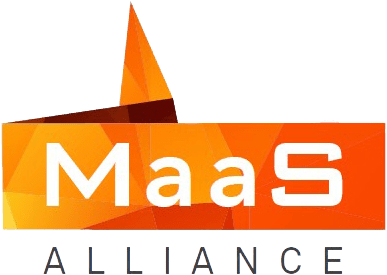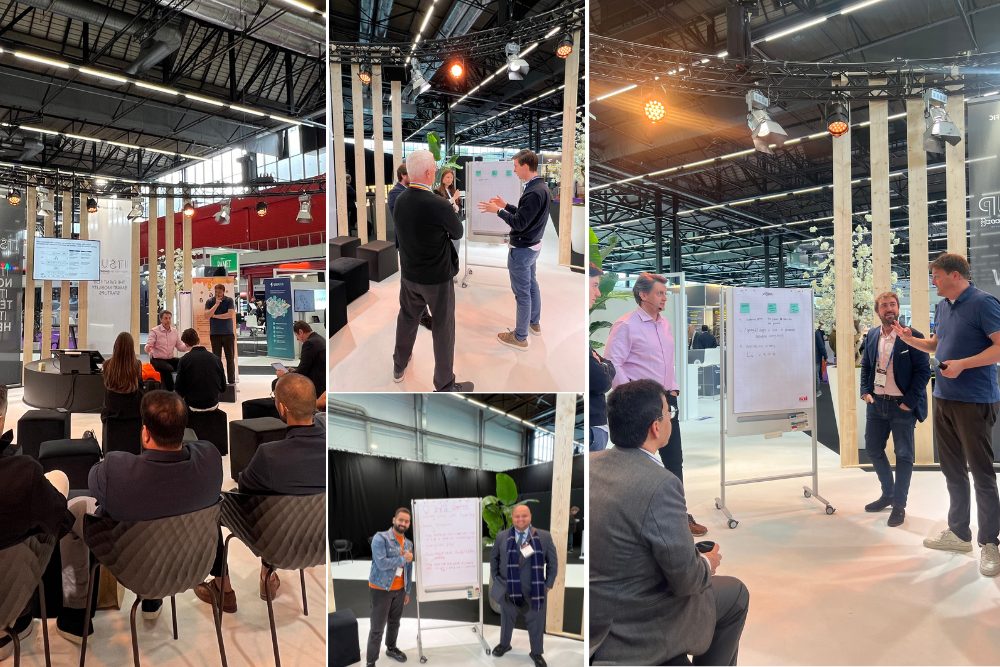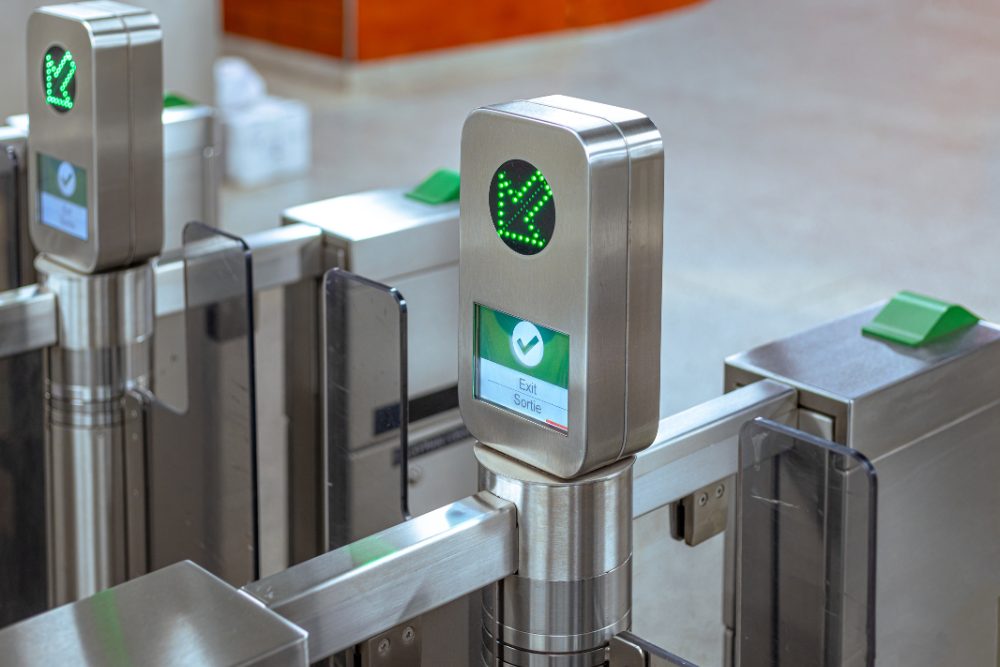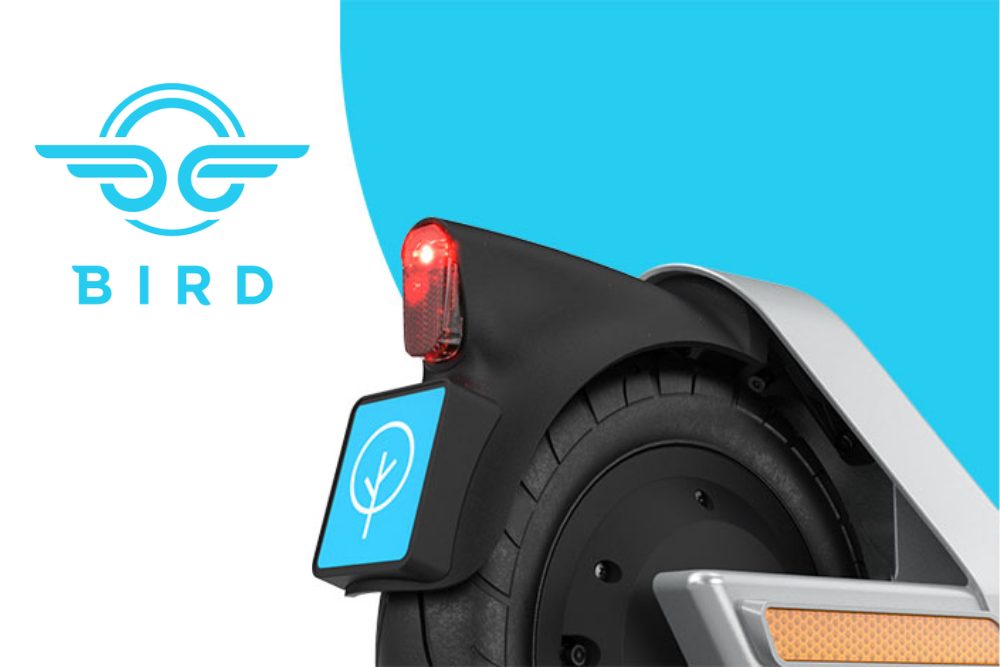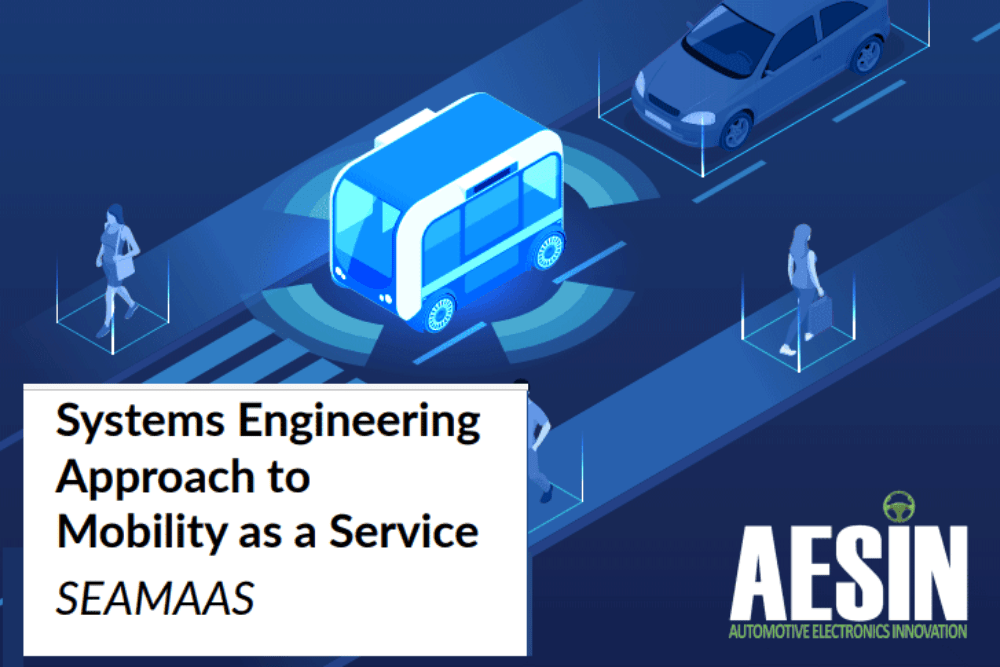
“Mobility-as-a-Service (MaaS)” has come to prominence as a leading strand to the future mobility needs of an expanding world, based upon fleets of connected, highly automated vehicles. MaaS systems already exist that integrate the current communication, data, and location-aware services of conventional, multimodal transport systems.
Many roadmaps predict the automotive sector incrementally evolving from a product market into a service market, selling journeys delivered by machine-operated vehicles.
Today, automotive companies develop products that respond to a range of societal pressures. Significant recent focus has been placed on enhancing in-vehicle systems; replacing carbon-based propulsion with lower carbon alternatives, increasing vehicle intelligence to improve occupant safety and comfort. Further challenges are emerging that require reference to a wider ecosystem. How best to move people and goods in a way that protects privacy, allows personal choice, and is supportable and sustainable? Such questions cannot be answered by automotive companies alone.
AESIN’s Systems Engineering workgroup has published a new white paper exploring the challenges to future mobility at a high level and the benefits from viewing future mobility as an integrated yet independent system of systems. It also introduces potential desired “properties” of our future mobility system of systems.
One of the paper authors, Prof. Pete Lockhart, Roke Manor Research Limited, commented “In this paper, we have drawn attention to the challenges and opportunities of designing our future mobility system. The explosion of new technologies and services makes it a critical time to address both these challenges and opportunities, and prepare ourselves for the future we need.”
Source: AESIN
